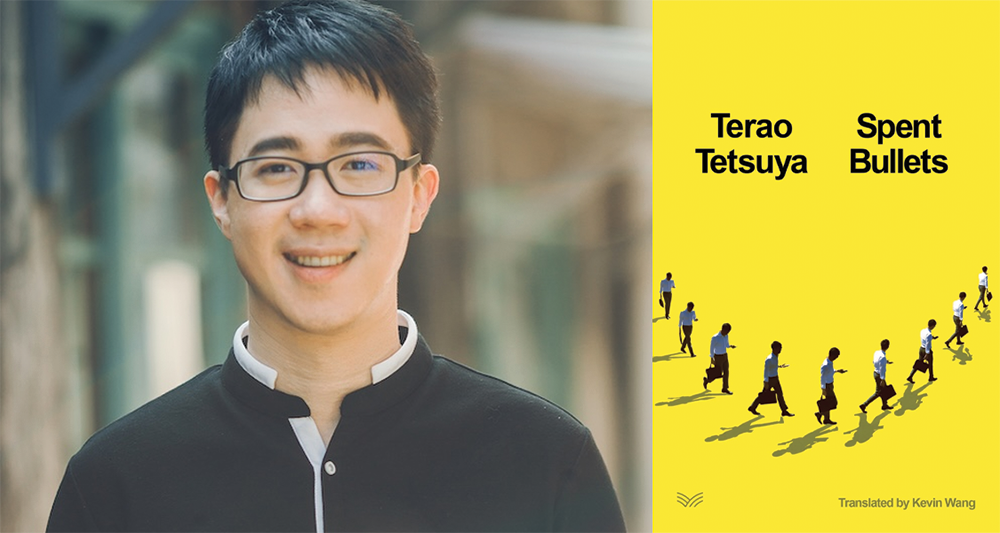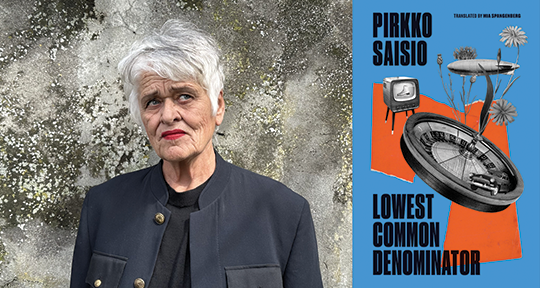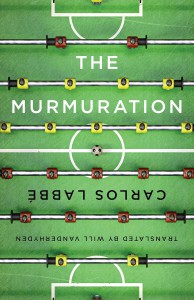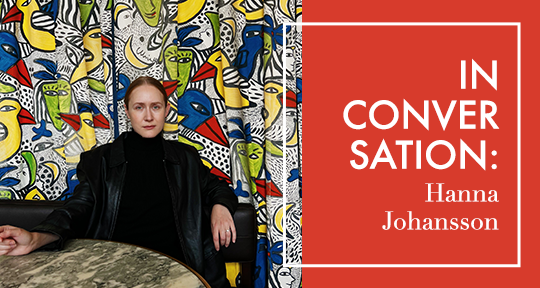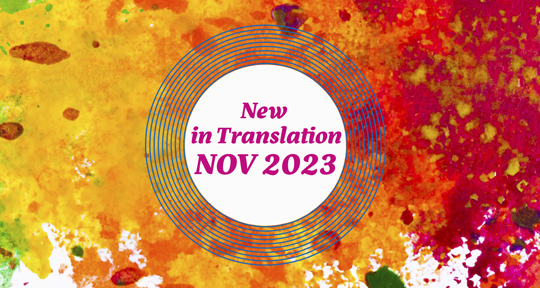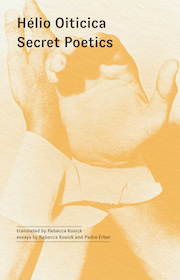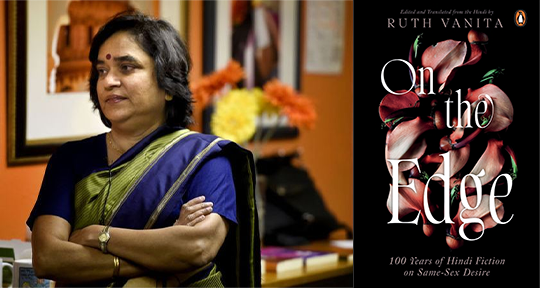What does it mean to hold grief—to physically carry your mother’s death with you in daily life?
Oksana Vasyakina’s Wound documents the journey of a queer poet as she delivers her mother’s ashes from Moscow to Siberia. Translated from Russian by Elina Alter, the novel is an auto-fictional exploration of processing grief through language, and also a meditation on the Russian lesbian lyric—a polyphonic conversation with feminist thinkers across time and space. While making her way across Russia, the narrator weaves together a cycle of poetry, composed of recollections of her past sexual experiences and fragmented essays. Wound then began as a few pages typed alone in the dark, when Vasyakina was writing during the pandemic, and this sense—of both intimacy and intensity—persists throughout the book. Vasyakina writes, as Alter puts it, with a brutality and directness that feels “exceptionally clear-sighted.”
Wound is Vasyakina’s first novel and the winner of the 2021 NOS Prize. Since then, she has published Steppe and Rose, books that also center on family figures. In addition, her works include two collections of poetry: Женская проза (Women’s Prose) and a cycle of poetic texts titled Ветер ярости (The Wind of Fury).
Alter is the editor-in-chief of Circumference, a journal of international culture and poetry, and has also translated It’s the End of the World, My Love by Alla Gorbunova. Her translation of Wound has been listed as one of Nylon’s Must-Reads of the Month and LGBTQ Read’s Most Anticipated Titles of the Year.
This interview, conducted with Oksana and Elina separately, has been edited for clarity.
Jaeyeon Yoo (JY): How did Wound begin?
Oksana Vasyakina (OV): As I rode a bus through Volgograd while carrying the urn [containing my mother’s ashes], it occurred to me that I would never be able to describe this experience. It wasn’t because the situation was tragic; I just saw how complicated it was, and I felt that I wasn’t equal to the material. This was in early 2019.
A bit later, in the summer, I wrote a cycle of poems—which are included in the book—called “Ode to Death.” I had the desire to write, but I understood that poetry wasn’t sufficient for the challenge I saw before me. And then the pandemic began. I was shut up in my apartment, all events were canceled, all work went on Zoom. One night, I opened up my laptop and wrote the first few pages of Wound. I was writing in the dark, because it wasn’t clear to me how to write long prose, and before this I’d only written short poems, I didn’t know how to put together a novel. A week later I pulled up my draft, reread it, and understood that this was what I wanted to do, that I had to continue.
I’m superstitious, so when I start writing a text, I name the file with a random combination of letters, just in case I never finish. But as I continued writing, I thought that the novel needed a simple name. The simplest word. The first word a child utters when it learns to speak is mama, and that was the original title of the manuscript. But some time later, I thought that mama rhymes with the word rana [“wound” in Russian]. It’s just as simple, and contains many meanings. After I wrote the scene in which the mother is lying in her coffin, I renamed the file. Since then, the book has been called Rana: Wound.
READ MORE…

